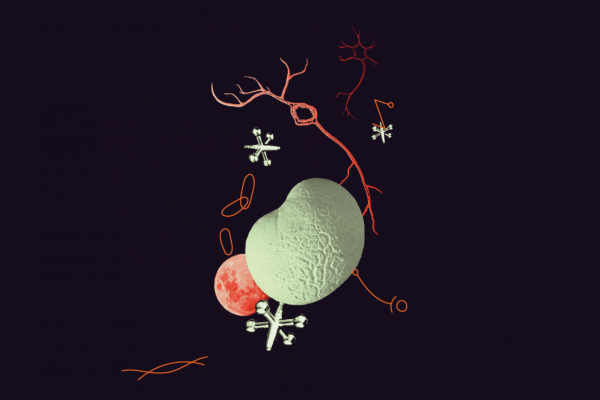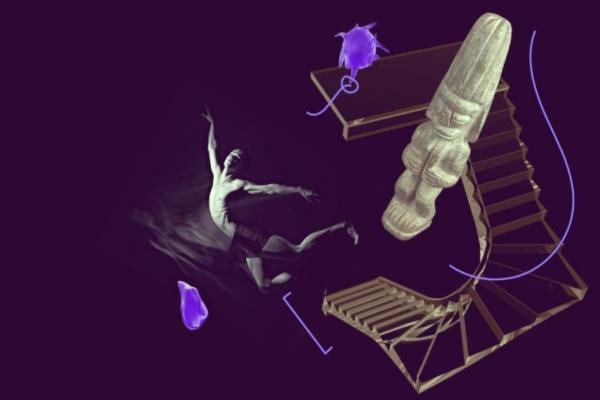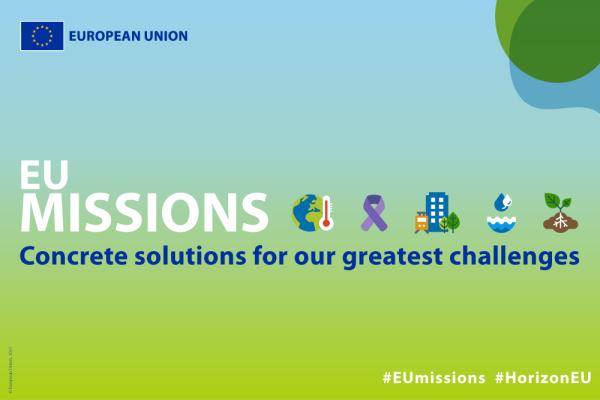Under Horizon Europe’s Marie Skłodowska-Curie Actions (MSCA), the European Commission funds research and innovation projects to boost top researchers’ careers through mobility and innovative doctoral and postdoctoral training. Find out more in this video and factsheets, as well as the MSCA Work Programme:
Following feedback from various stakeholders, there are a number of changes to the MSCA under Horizon Europe (2021-2027), compared to the previous programme Horizon 2020 (2014-2020). Please consult this page to discover the differences.
Should you be interested in ERA Fellowships, which build on the MSCA Postdoctoral Fellowships 2023 action, please consult our Widening participation and spreading excellence webpage.
Funding opportunities
Next call for proposals opens on 28 May 2025
Next call for proposals opens on 8 May 2025
Next call for proposals opens on 27 March 2025
Submit your proposal by 24 June 2025
Next call for proposals opens on 17 June 2025
This call closed on 4 September 2024
Next call for proposals opens on 06 May 2025
Apply for funding
Information on eligibility for MSCA fellowships and project funding
Overview of the application process, guidance and templates
Resources and contact points to help you prepare your proposal
What you should comply with when applying for funding and implementing your project
What to comply with when applying for funding and implementing your project
How to manage your project / fellowship
Comply with the conditions defined in your grant agreement
Tips and requirements on communicating your project
Advice and resources on how to disseminate and exploit your project results
Guidelines on the contractual management of your project and reporting
How to effectively inform policymakers of your findings and maximise your policy impact
News

The European Commission will support 149 doctoral programmes to train and develop the skills of over 1800 doctoral candidates.

PhD candidates and postdoctoral researchers who fled the war in Ukraine will carry out their projects in 15 countries, whilst maintaining close links with their research communities in Ukraine.

The Staff Exchanges action offers a unique opportunity to promote the transfer of knowledge and innovation through international research collaborations.

The Collegio Carlo Alberto has introduced a second call for proposals for researchers awarded the MSCA Seal of Excellence under a Postdoctoral Fellowships call.
Publications

Marie Skłodowska-Curie actions - Supervision guidelines

Marie Skłodowska-Curie Actions, Developing talents, advancing research : almost 30 years of EU support to researchers’ skills and career development

Management of the MSCA special needs in H2020 legacy grants and Horizon Europe grants

Developing talents, advancing research : new study demonstrates the innovative dimension of MSCA doctoral programmes






